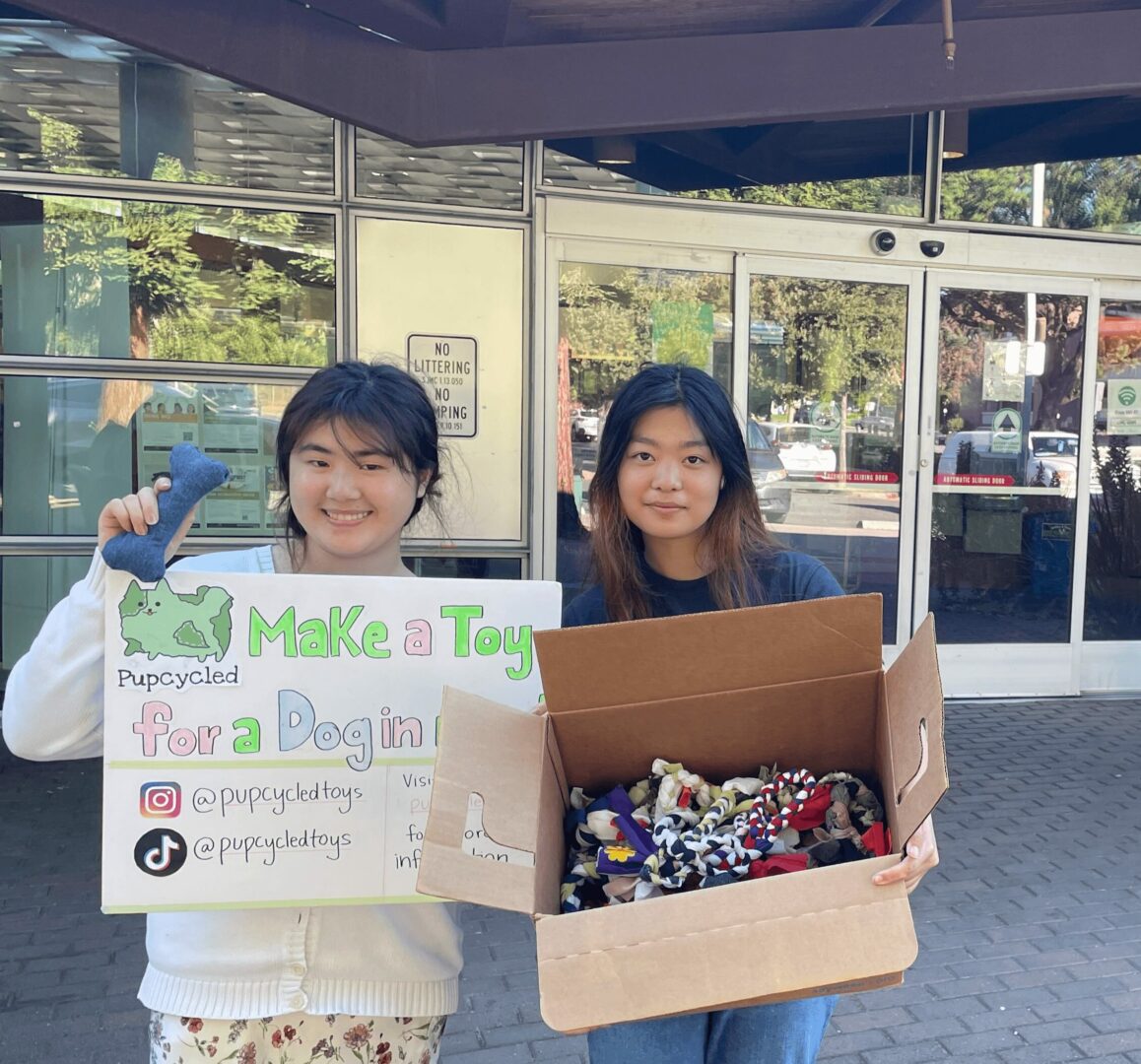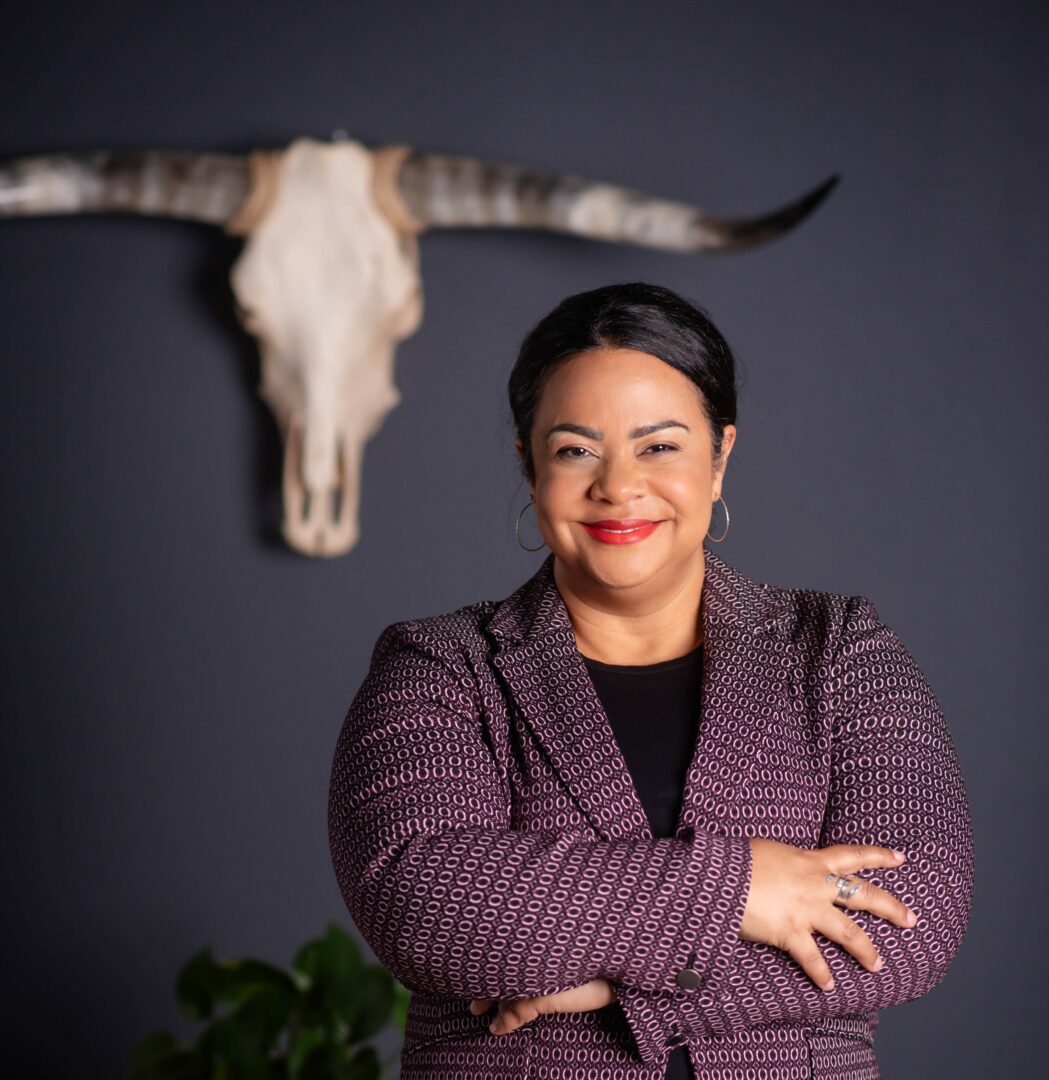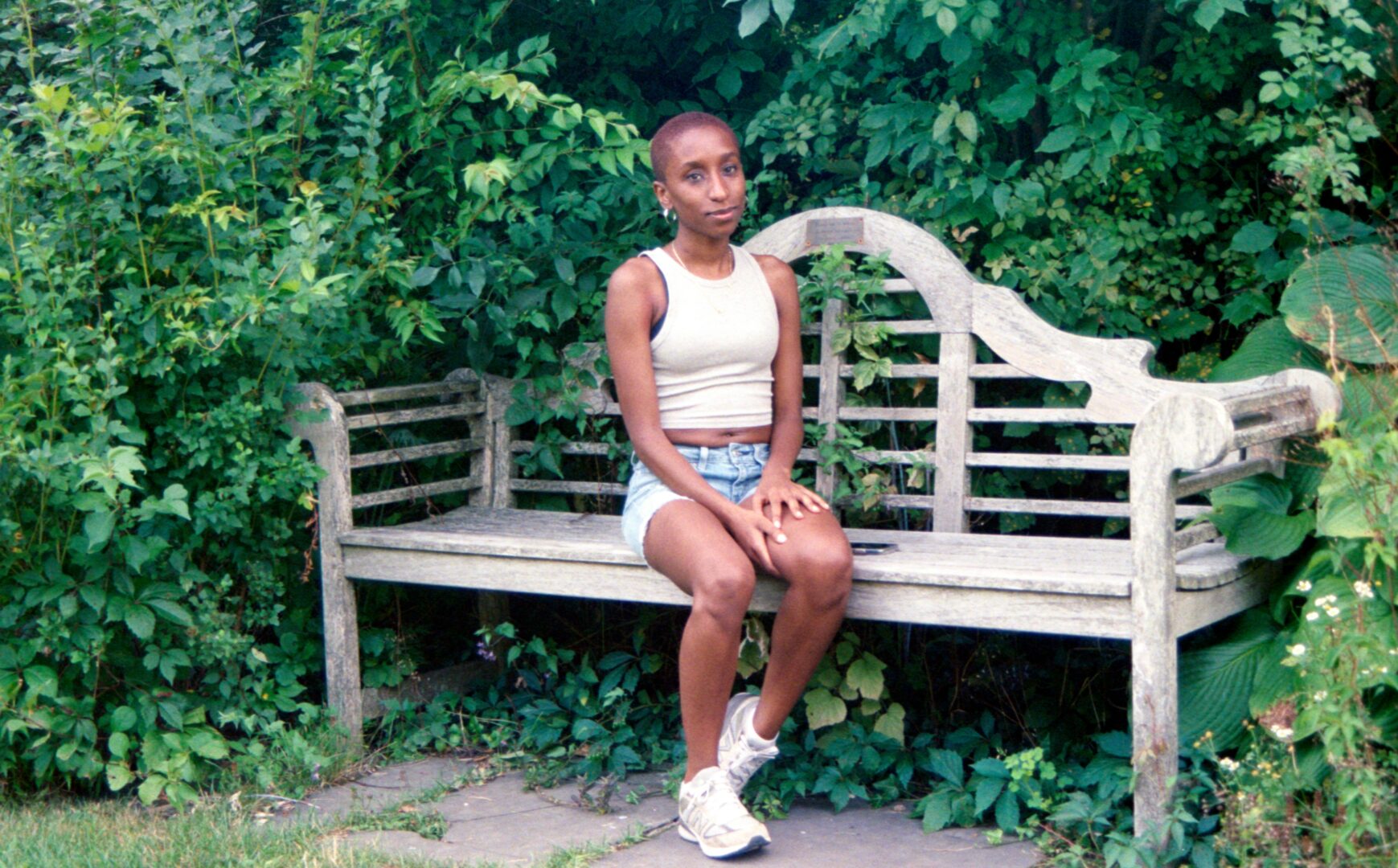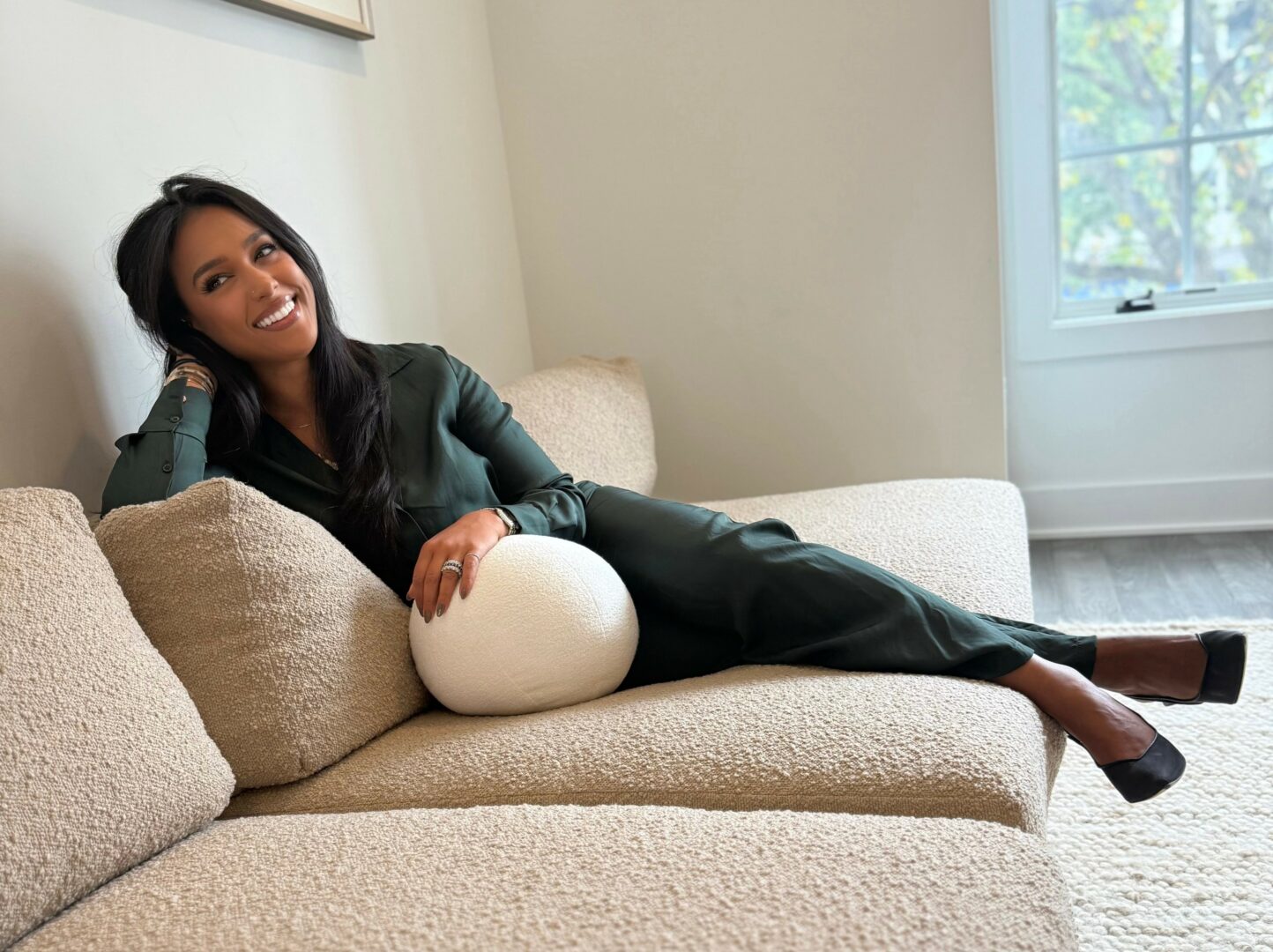We were lucky to catch up with Sophia Liu recently and have shared our conversation below.
Sophia , so good to have you with us today. We’ve always been impressed with folks who have a very clear sense of purpose and so maybe we can jump right in and talk about how you found your purpose?
Growing up, I was passionate about art and entrepreneurship. I found my purpose at the intersection of these interests and my desire to make a positive environmental impact.
After taking AP Environmental Science in my junior year of high school, I became more aware of the issue of landfill waste. I was shocked to learn that 75% percent of donated clothes go to waste before being sold and end up in landfills. I knew I wanted to do something about it.
When I was shopping for dog toys for my corgi with my best friend Olivia, I opened up to her about how quickly my dog, Prince, goes through toys. She added how hard it can be for shelters to spend donation money on toys when there are lots of animals and other necessities. That’s when she came up with the idea of transforming old clothes into dog toys for shelter dogs. It immediately resonated with me. I already have a background in sewing, a love for dogs, and a passion for sustainable entrepreneurship. It felt like the perfect project, so Olivia and I worked together to make a plan and start Pupcycled.
For the first 3 months, I spent hours in my basement crafting toys out of old clothes collected from friends and family. Olivia and I tested different fabrics, sewing techniques, and shapes to ensure durability and recognizable shapes that could easily be replicated.
In May, when we donated the first 50 upcycled dog toys to the Schwartz Family Animal Welfare Foundation, the staff were extremely kind and grateful. Hearing from the foundation’s owner that the dogs were happily enjoying the toys was heartwarming and inspired me to work harder to create more toys. In June, we hosted our first public toymaking event at the Educational Park Library. We made 66 toys that day—so much more than Olivia and I had been able to make on our own. That’s when I realized Pupcycled wasn’t just our project anymore; it was a community effort.
Since then, we’ve made over 2,800 toys and hosted 42 public library events. Along the way, I’ve met so many incredible people who have generously supported us. Working with volunteers has shown me that my passion isn’t just about reducing waste and helping dogs—it’s about creating something bigger, where people come together to make a real difference. Seeing participants go on to organize their own events for their schools, Girl Scout troops, and other organizations and continue spreading the mission is one of the most rewarding parts of this journey.
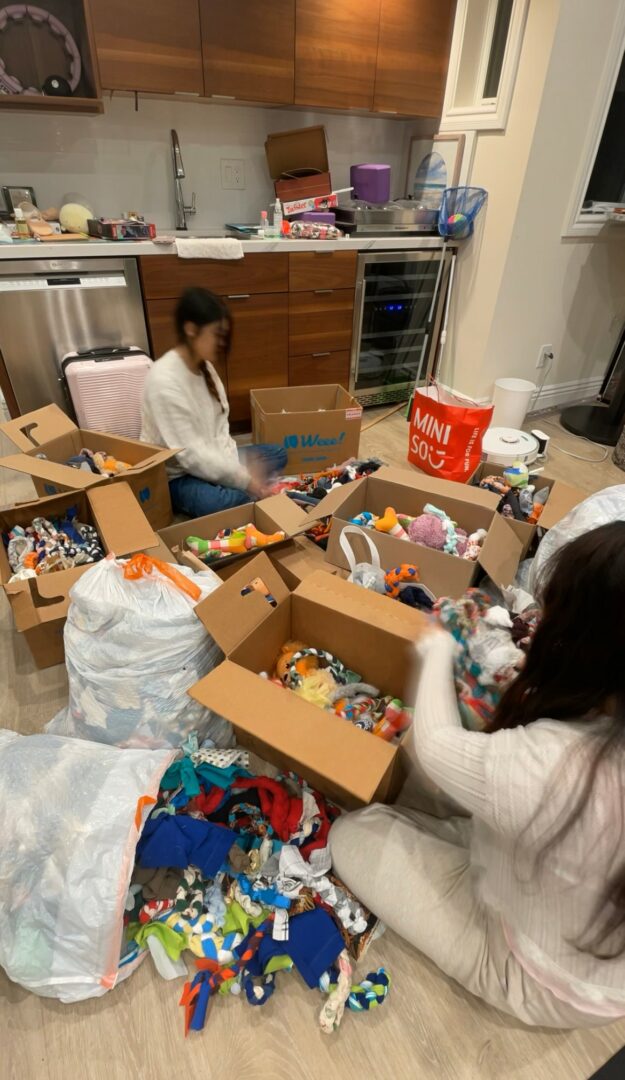
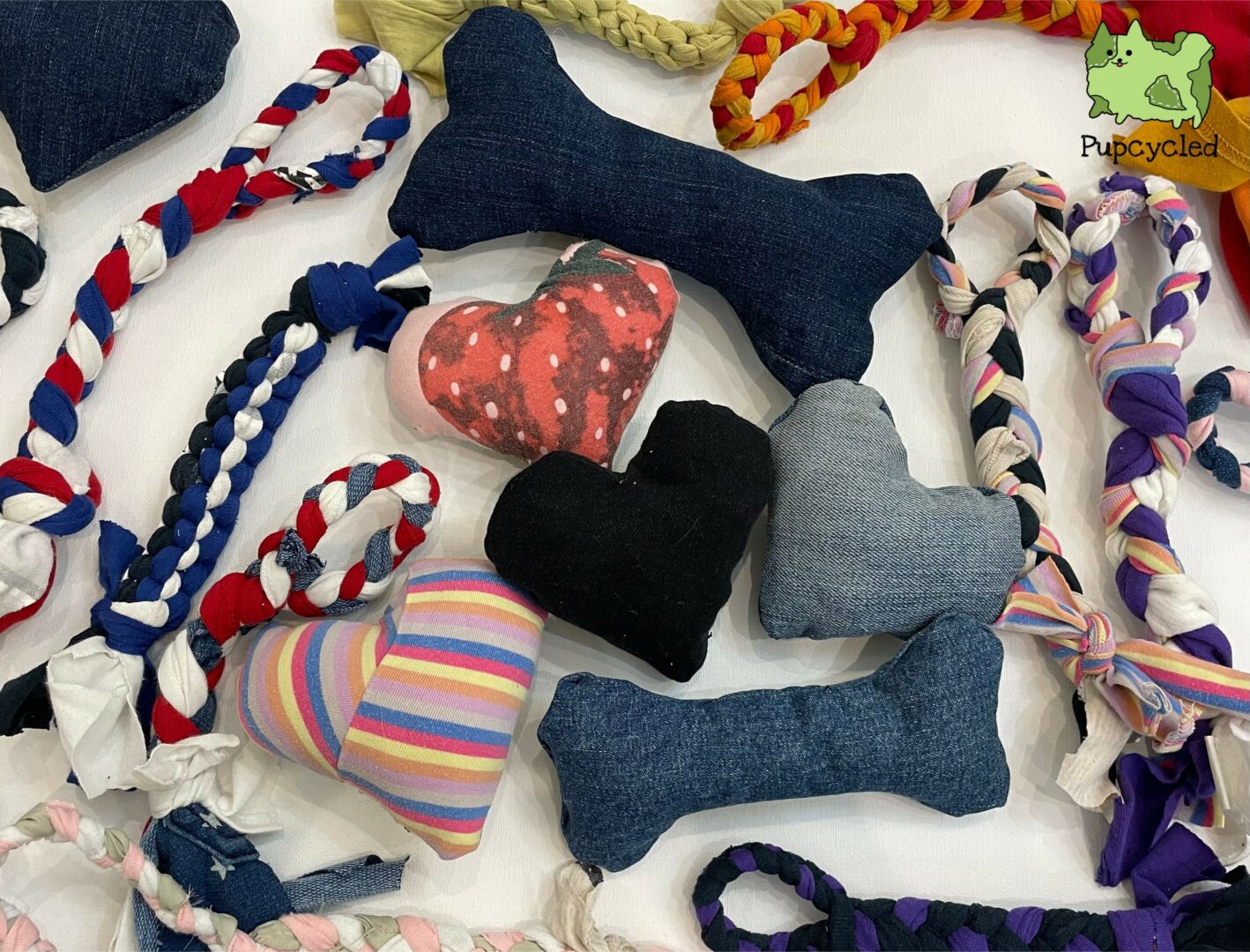
Great, so let’s take a few minutes and cover your story. What should folks know about you and what you do?
As the CEO of Pupcycled, I’m involved in just about every aspect of the organization. I lead our public library events, where I teach participants how to make dog toys, and then I pack them up to ship or drop them off at shelters across the Bay Area. I also communicate with companies and organizations that want to host their own events with us, ensuring they have everything they need to make it a success. Additionally, I talk with people who are interested in starting chapters in their local areas, helping them get set up and spread the mission of Pupcycled.
A few months ago, we launched an at-home toymaking program, allowing volunteers who can’t attend our events in person to still contribute. They sign up, make toys at home using the instructions and supplies we provide, and then send them to us to donate. This program has been a great way to involve more people, no matter where they’re located, and we’re always looking for new volunteers! If you’re interested, you can fill out the form on our website’s “Join Us” page to get involved.
The most special part of my job is interacting with so many kind and passionate people who want to make a positive difference in our community and beyond. It’s also incredibly rewarding to see the dogs enjoying the toys we’ve made—they always bring a sense of joy that reminds me why we’re doing this.
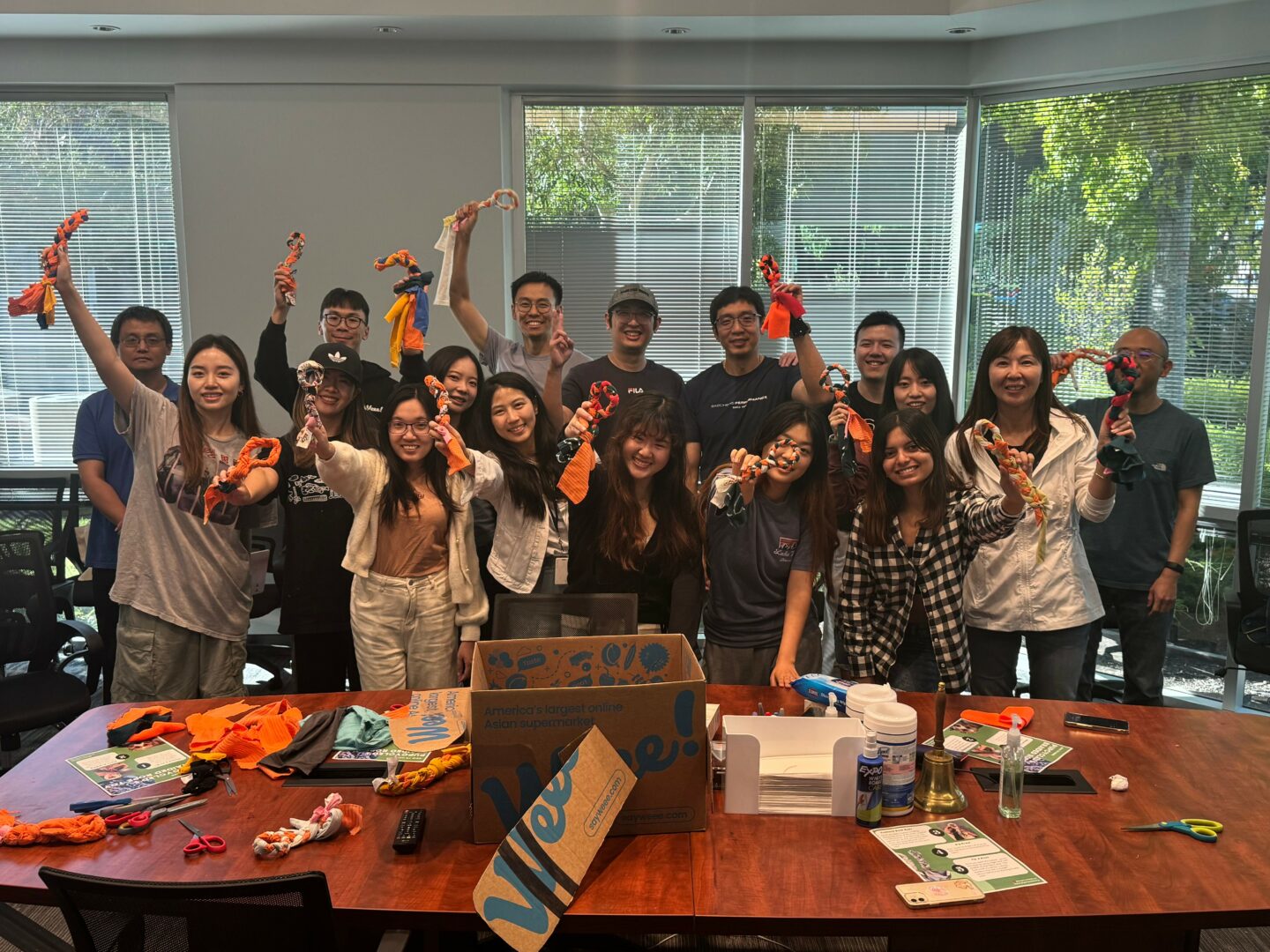
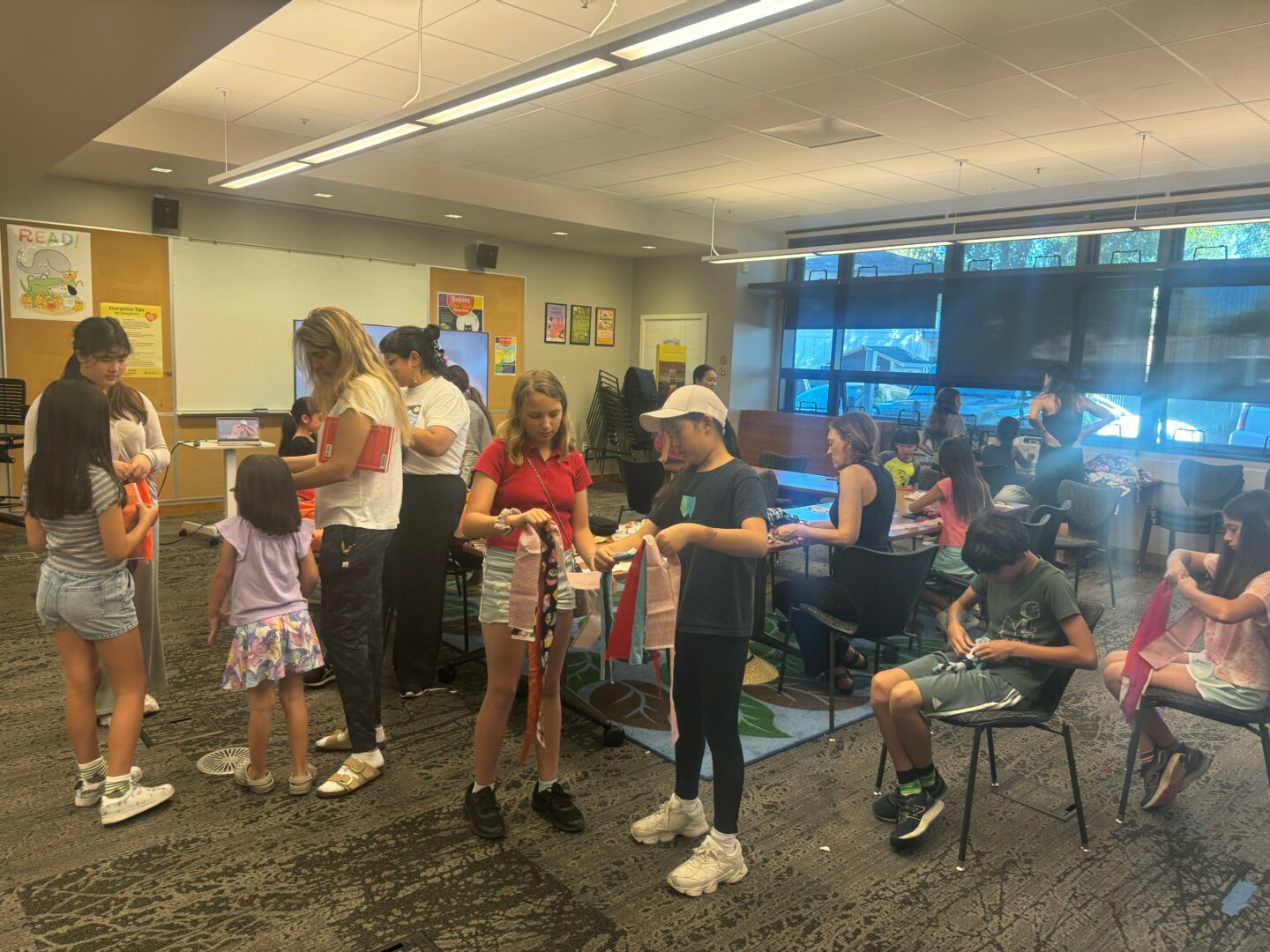
If you had to pick three qualities that are most important to develop, which three would you say matter most?
Adaptability has been key in running Pupcycled. Early on, Olivia and I didn’t have any experience running an organization, so we had to learn quickly. When we recruited our first team members, we had no clear roles, rules, or expectations. We listened to our team’s feedback and adapted our structure as we grew. For example, we realized our “task sign-up” sheet wasn’t effective, so we began assigning roles and tasks based on each person’s skills and interests to better manage our workload and spark creativity. When we started hosting public library events, we introduced the braided rope toy so people without sewing experience could still participate. At Pupcycled, we’re always looking for ways to improve, and one of the most important lessons I’ve learned is not to be afraid to change what’s not working. Whether adjusting our team structure or rethinking our event formats, embracing change has been key to our growth.
Creativity has also played a huge role. When we first started, upcycling old clothes into dog toys was a simple idea, but it required a lot of creative thinking. We had to experiment with different sewing techniques, figure out what shapes to make, and find ways to repurpose scrap fabric. My advice to anyone starting something new is not to be afraid to be creative and think outside the box. You don’t always have to follow a set path—sometimes, the best ideas come from experimenting and trying new things.
Lastly, resilience is essential. Starting something from scratch can be overwhelming, especially when you see how well-organized and established other organizations are. There were times when it felt like we’d never get there, but passion kept us going. We took things one step at a time, creating one spreadsheet at a time, one form, one tutorial, until we had an entire library. When you truly care about your mission, it fuels your perseverance, even when things aren’t going as planned. Passion is what helps you push through tough times, and without it, it’s easy to give up.
For anyone who’s early in their journey, I’d say focus on developing these qualities: be adaptable, stay creative, and, most importantly, don’t give up on your mission. It’s also helpful to have a support system or a business partner—Olivia and I often discussed challenges together. Building something meaningful takes time, and there will be bumps along the way, but if you’re willing to learn, adjust, and stay passionate about what you’re doing, you’ll succeed.
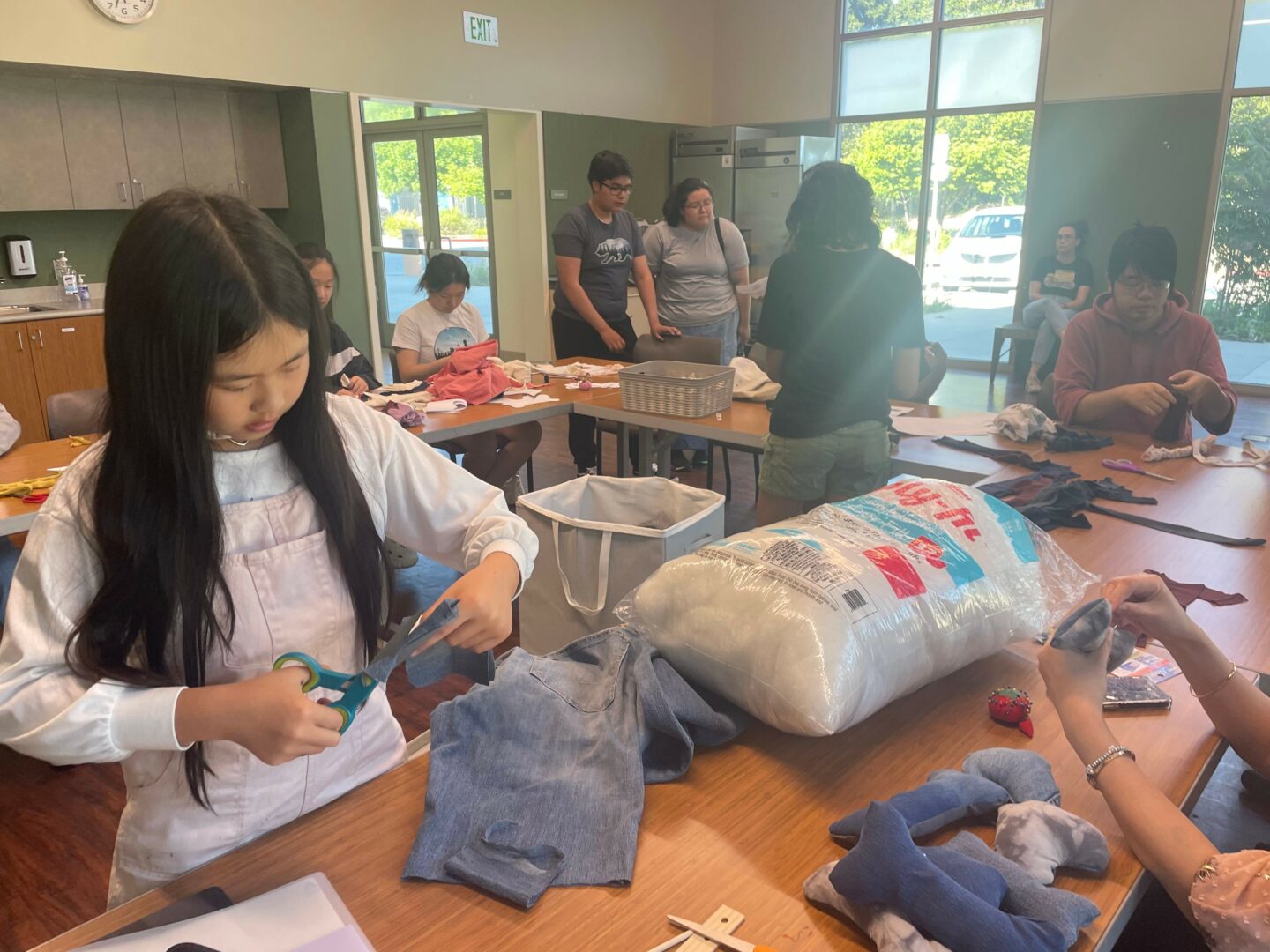
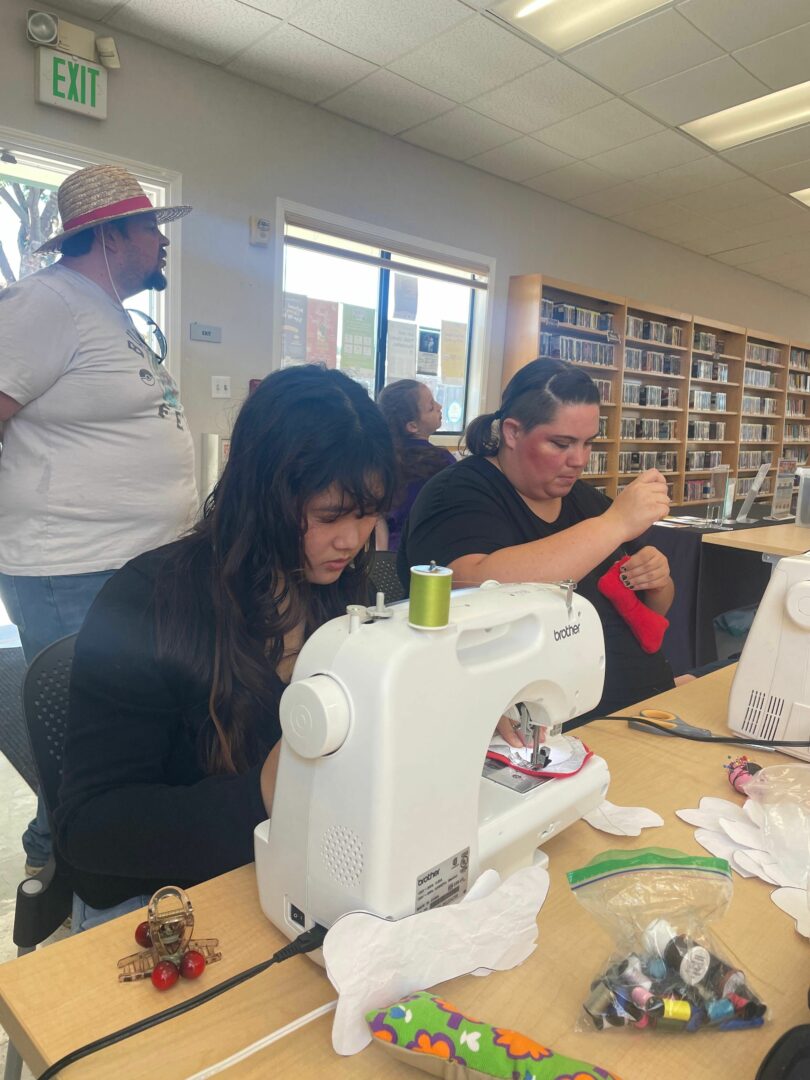
What has been your biggest area of growth or improvement in the past 12 months?
My biggest area of growth in the past 12 months has been my confidence, especially when speaking in front of large crowds. I vividly remember the first Pupcycled event, which had a large turnout—over 30 participants. As I unpacked my supplies, I could feel my nerves building and my face turning bright red. When I started my demonstration, my voice shook, and I struggled to project. But as I looked around and saw the kindness and enthusiasm of everyone, I started to relax.
Since then, leading so many Pupcycled events and engaging with our community has helped me grow more comfortable in front of a crowd. My confidence has significantly improved, and I’ve learned how to communicate more naturally and effectively, whether it’s teaching a class or coordinating volunteers. It’s been amazing to see how much I’ve been able to grow in this area, and it’s something I’ll continue to work on as I take on new challenges.
Contact Info:
- Website: https://www.pupcycled.org/
- Instagram: @pupcycledtoys
- Facebook: https://www.facebook.com/profile.php?id=61564865352768
- Linkedin: https://www.linkedin.com/company/pupcycledtoys/
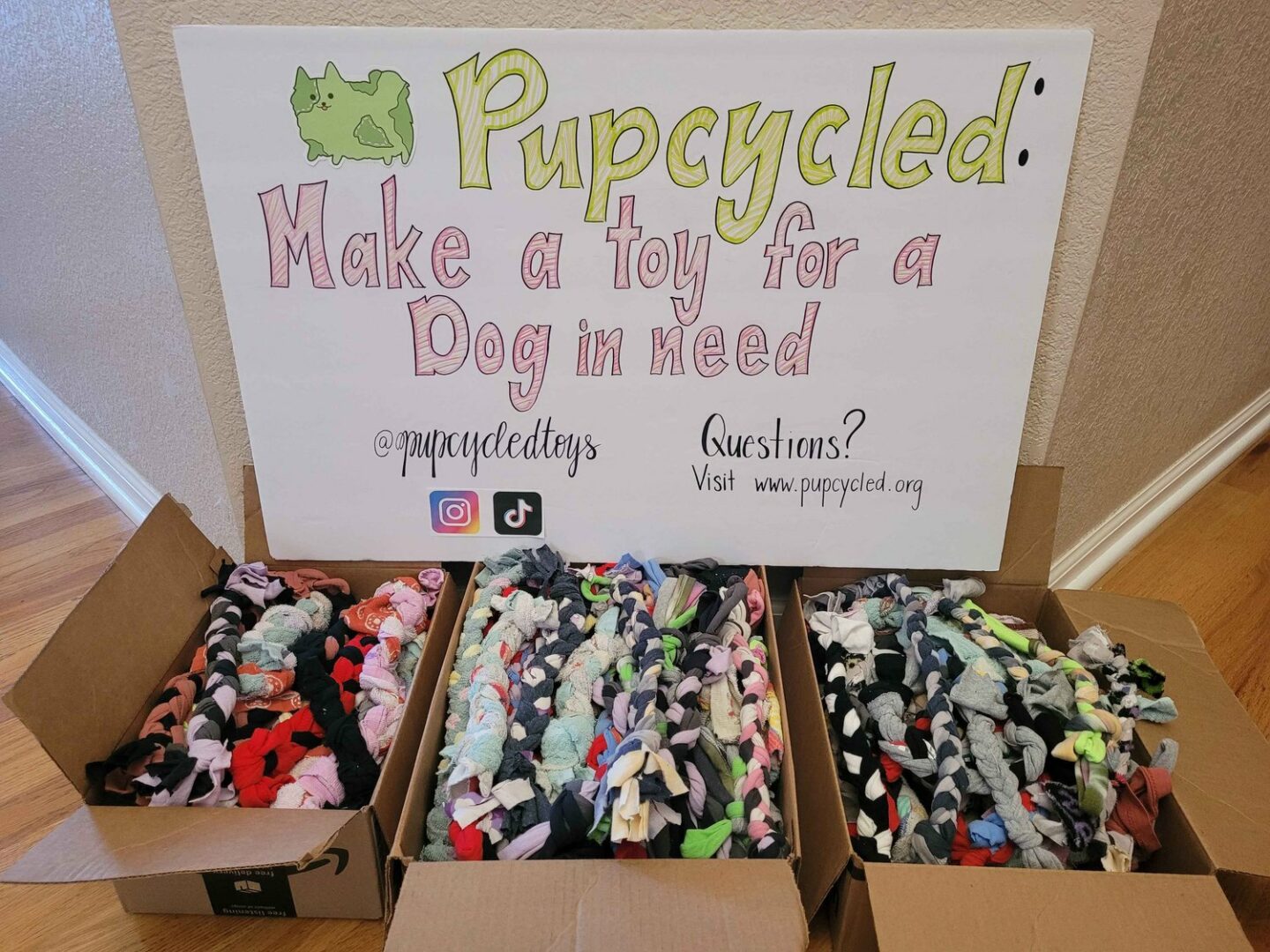
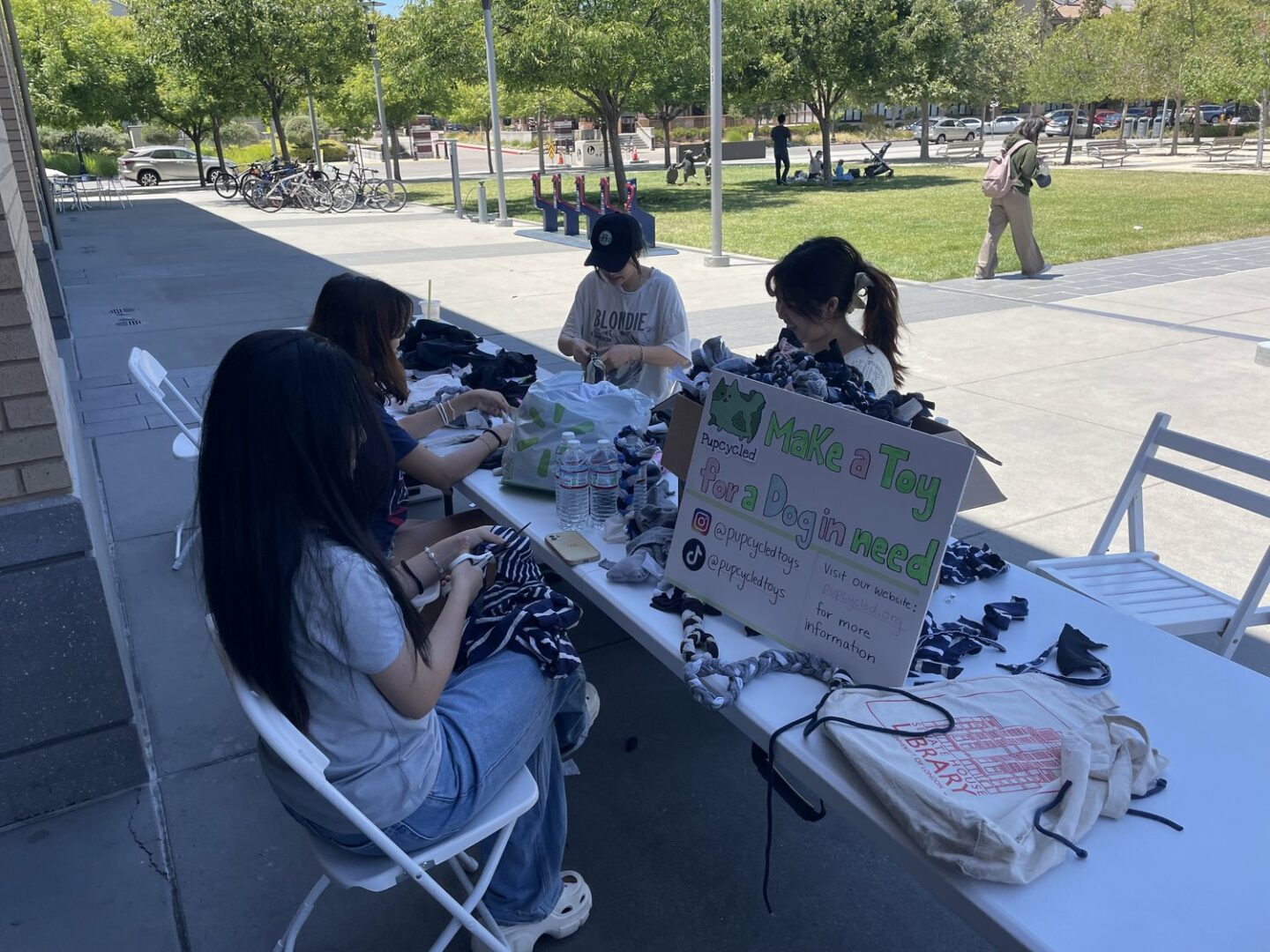
so if you or someone you know deserves recognition please let us know here.

